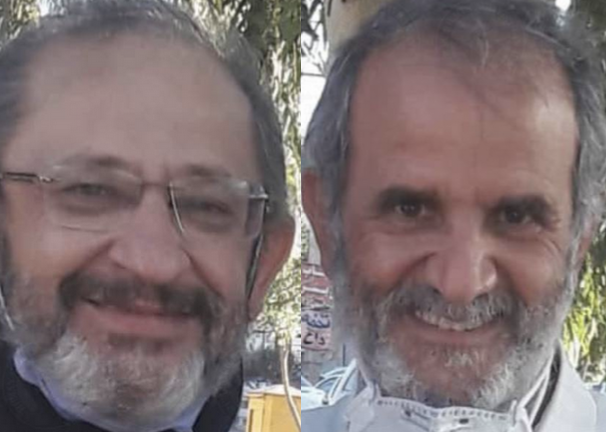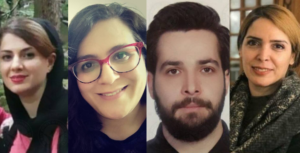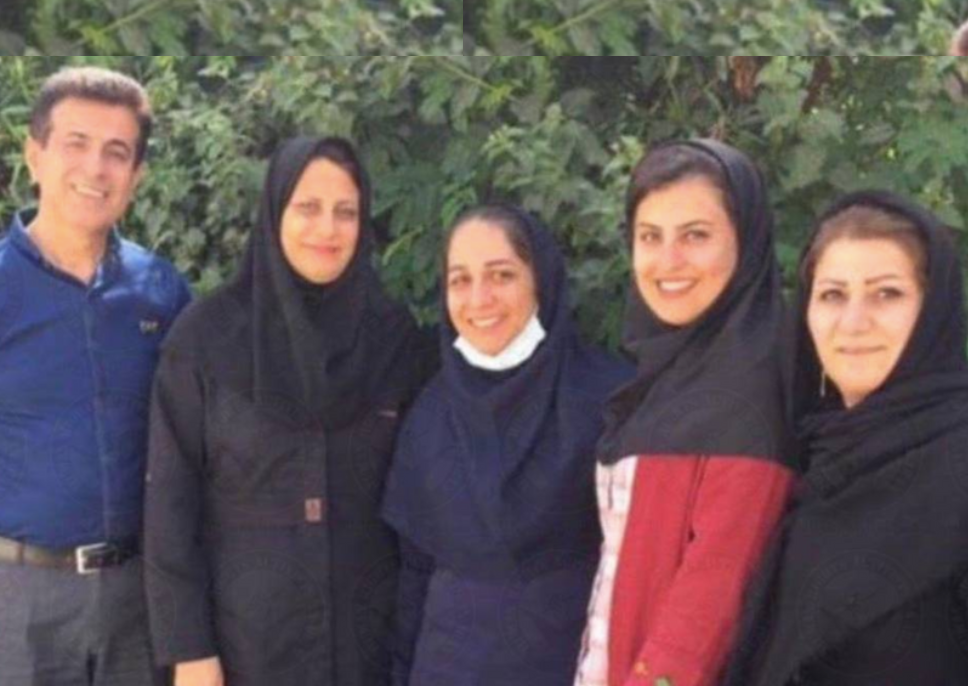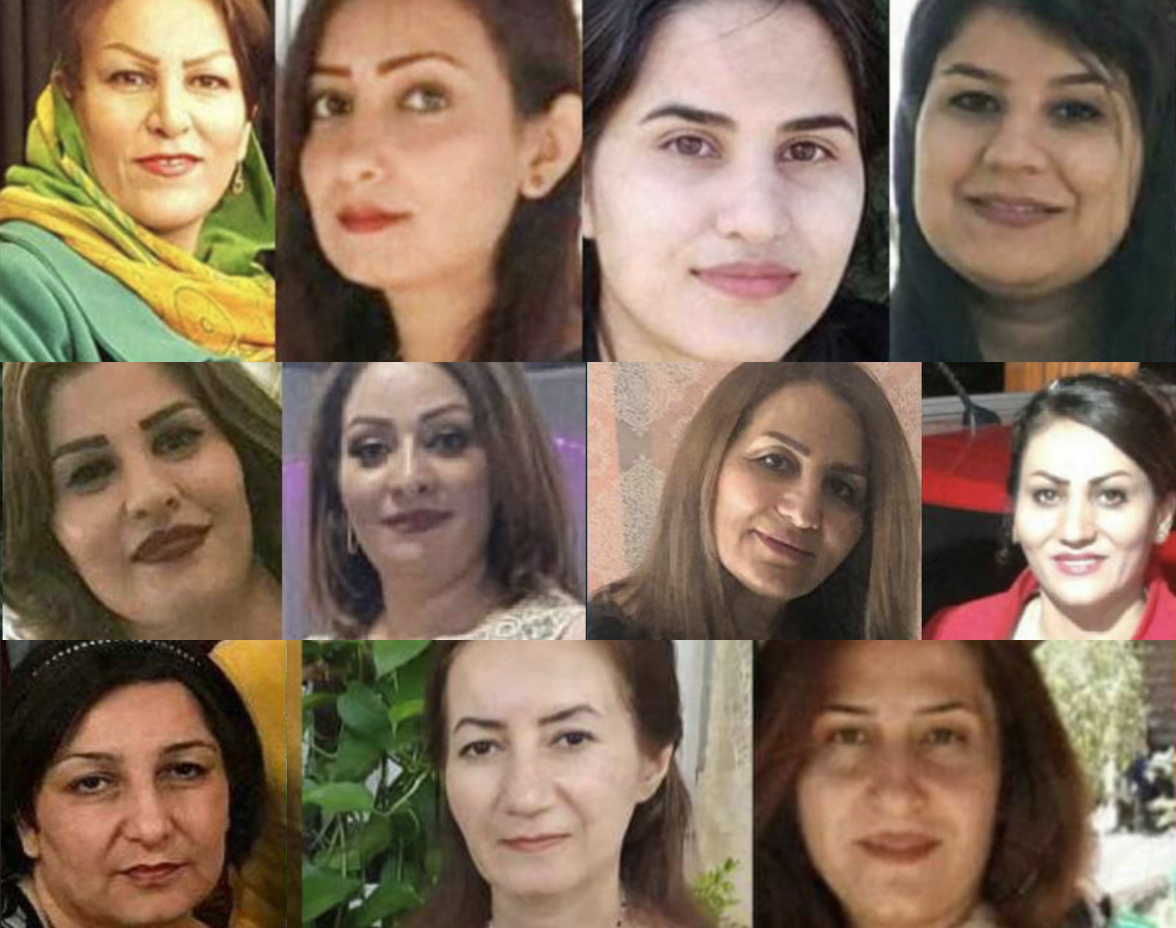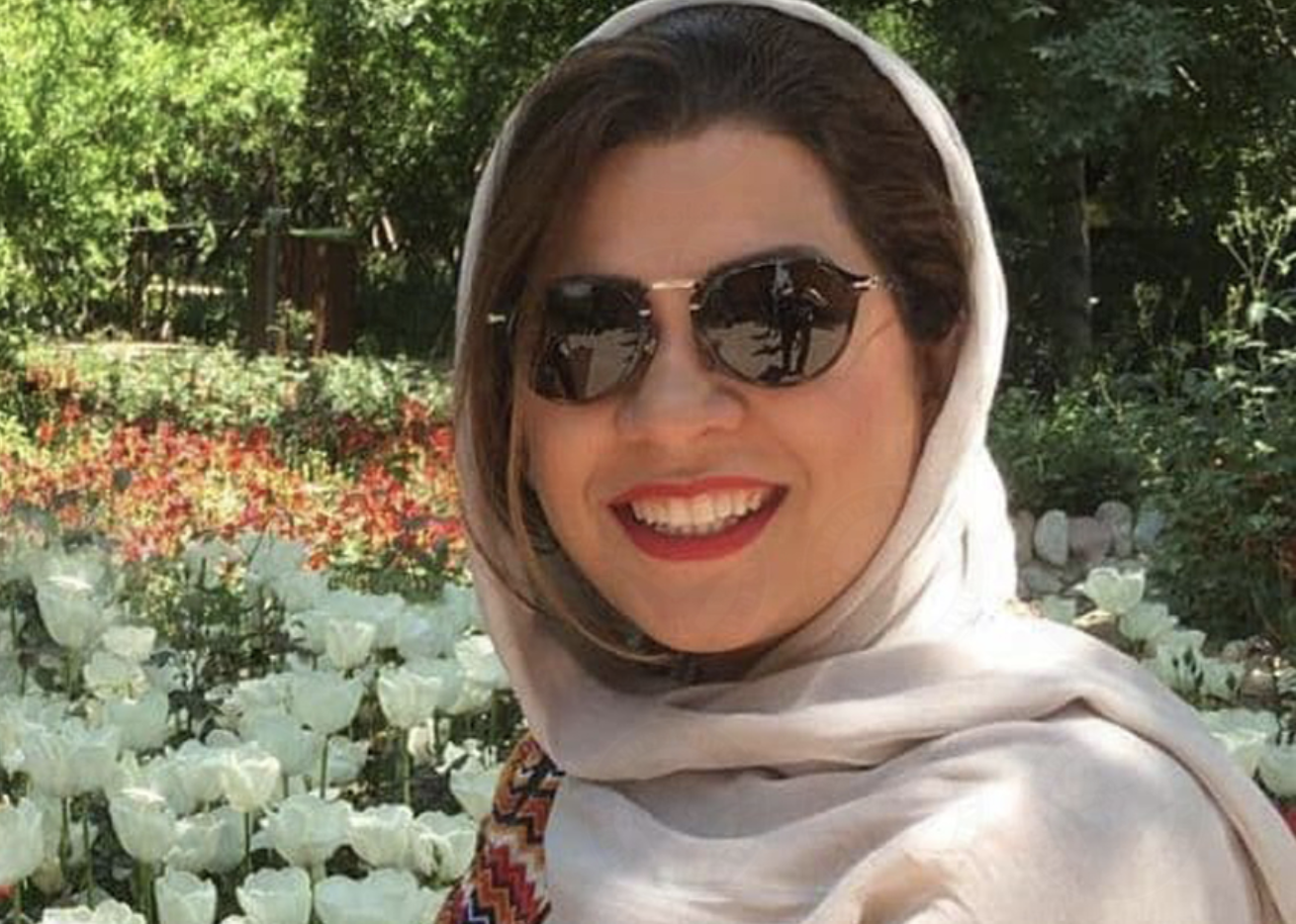Six Baha’i citizens, one man and five women, were sentenced to a total of 73 and a half years in prison.
According to HRANA, the news agency of Human Rights Activists, On May 19, the Revolutionary Court of Borazjan, presided over by Alireza Kiani, issued the verdict.
Borhan Ismaili, Maryam Bashir, Frank Sheikhi, Hayedeh Ram, Minoo Bashir, and Dorna Ismaili are residents of Shiraz city in the Fars Province and Borazjan city in the Bushehr Province.
Borhan Ismaili was sentenced to 11 years in prison as a first-degree defendant on charges of “propaganda activities against the regime” by spreading Baha’i beliefs and “acting against the security of the country” by disseminating and propagating the Baha’i faith.
Maryam Bashir, Frank Sheikhi, Hayedeh Ram, Minoo Bashir, and Dorna Ismaili each were sentenced to 12 years and 6 months in prison on charges of “assisting in propaganda activities against the regime by spreading Baha’i beliefs, producing and publishing vulgar images in cyberspace and social networks, and acting against the security of the country through publication”.
Based on this verdict, all documents, pamphlets, books, pictures, videos, and CDs related to the Baha’i faith that were taken by the Bushehr provincial IRGC Intelligence Organization during the search of the house will be confiscated.
The court has issued this sentence based on (what the court called) “membership in the hostile and anti-regime Facebook website, and also referred to the educational activities related to Bahai’s’ children”.
According to unofficial sources, more than 300,000 Baha’is live in Iran, but the Iranian constitution recognizes only Islam, Christianity, Judaism, and Zoroastrianism. Because their faith is not considered legitimate by authorities, the rights of Baha’is in Iran have been systematically violated for years.
This deprivation of the freedom to practice their religion is a violation of Article 18 of the Universal Declaration of Human Rights, and Article 18 of the International Covenant on Civil and Political Rights. The United Nations covenant holds that every person has the right to freedom of religion, freedom of converting religion, as well as freedom of expression, individually or collectively; openly or secretly.



